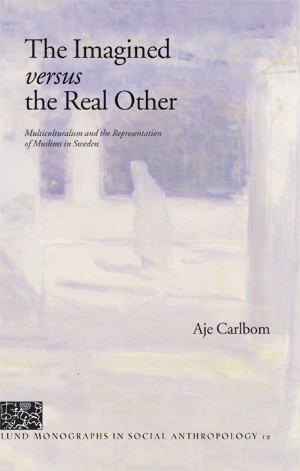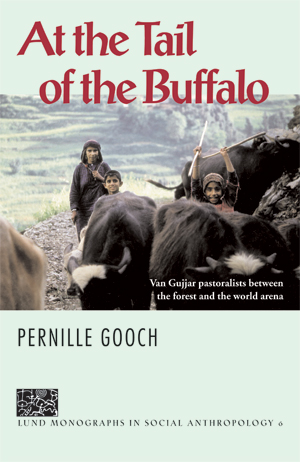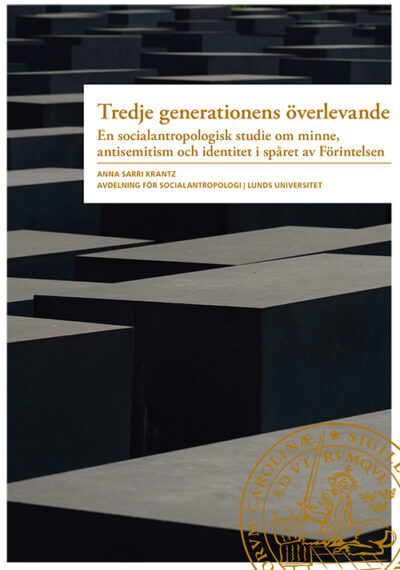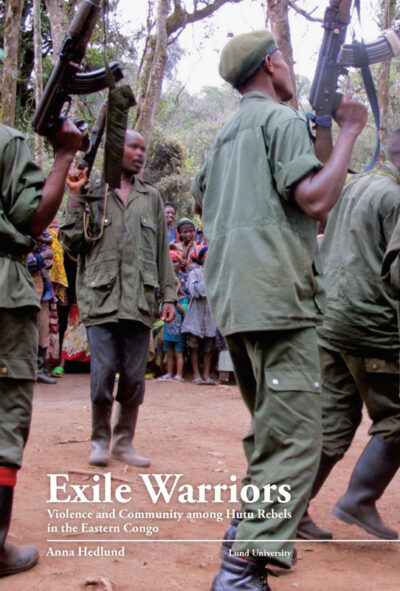The Imagined versus the Real Other
Multiculturalism and the representation of Muslims in Sweden
Aje Carlbom
227 kr
Beskrivning
Are Muslims so different from other citizens in Sweden, that they have to live in segregation and be separated from the rest of society? What is a Muslim, and who is to define this category? In his book, Aje Carlbom presents the main actors in this discussion and their ideological positions and interests. The multiculturalist ideology is hegemonic in Sweden on issues concerned with cultural diversity, and intellectuals in various fields of knowledge subscribe to the main moral dictates of this ideology. The author claims that the use of multiculturalist ideals when dealing with the Other masks essential important cultural and social aspects and processes. He argues that the multiculturalist hegemony, as all ideological systems, is reproduced through various material and symbolic affirmations and sanctions. Actors who criticize the ideology run the risk of being classified as racists, and consequently excommunicated from the community of right-minded citizens.
The statements in this discourse about what is and ought to be when it comes to Muslim integration are contrasted to empirical data gathered through anthropological fieldwork in a Muslim neighbourhood in Malmö, the third largest city in Sweden. The author shows that the discourse of Islam in Sweden, which is guided by multiculturalist ideals, leaves out important fields of knowledge which are crucial to an understanding of Muslim integration. The hegemony of multiculturalism, he argues, is an obstacle to understanding multicultural society. Further, the unintended consequences of good intentions may actually contribute to excluding Muslims from fully participating in Swedish society.
Ytterligare information
| Vikt | 514 g |
|---|---|
| Storlek | 14 × 165 × 240 mm |
| Språk | Engelska |
| Antal sidor | 235 |
| Publikationsår | 2001 |
| Bandtyp | Häftad |
| ISBN | 91-7267-154-8 |
| ISSN | 1101-9948 |
| Volym | 12 |





